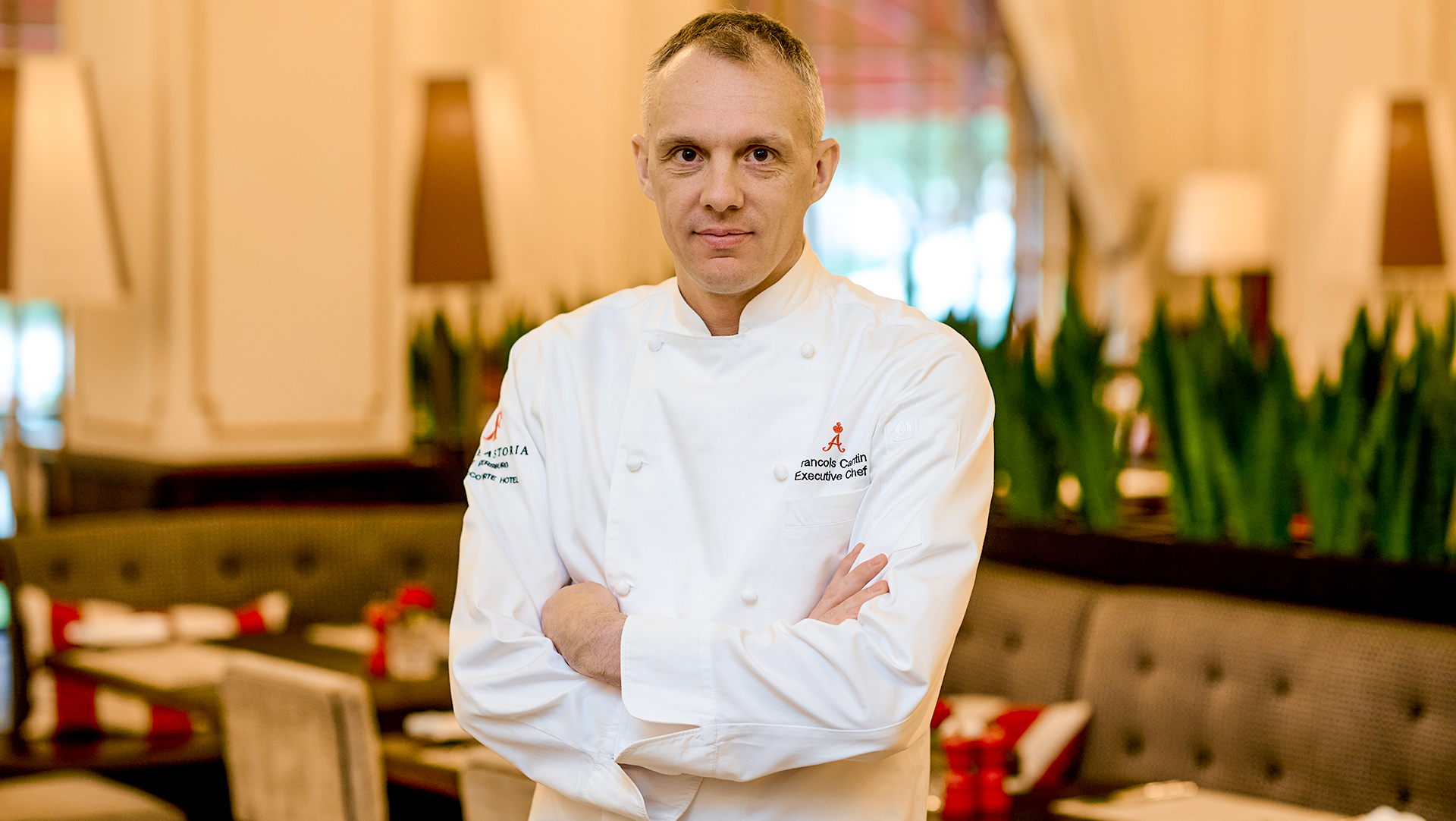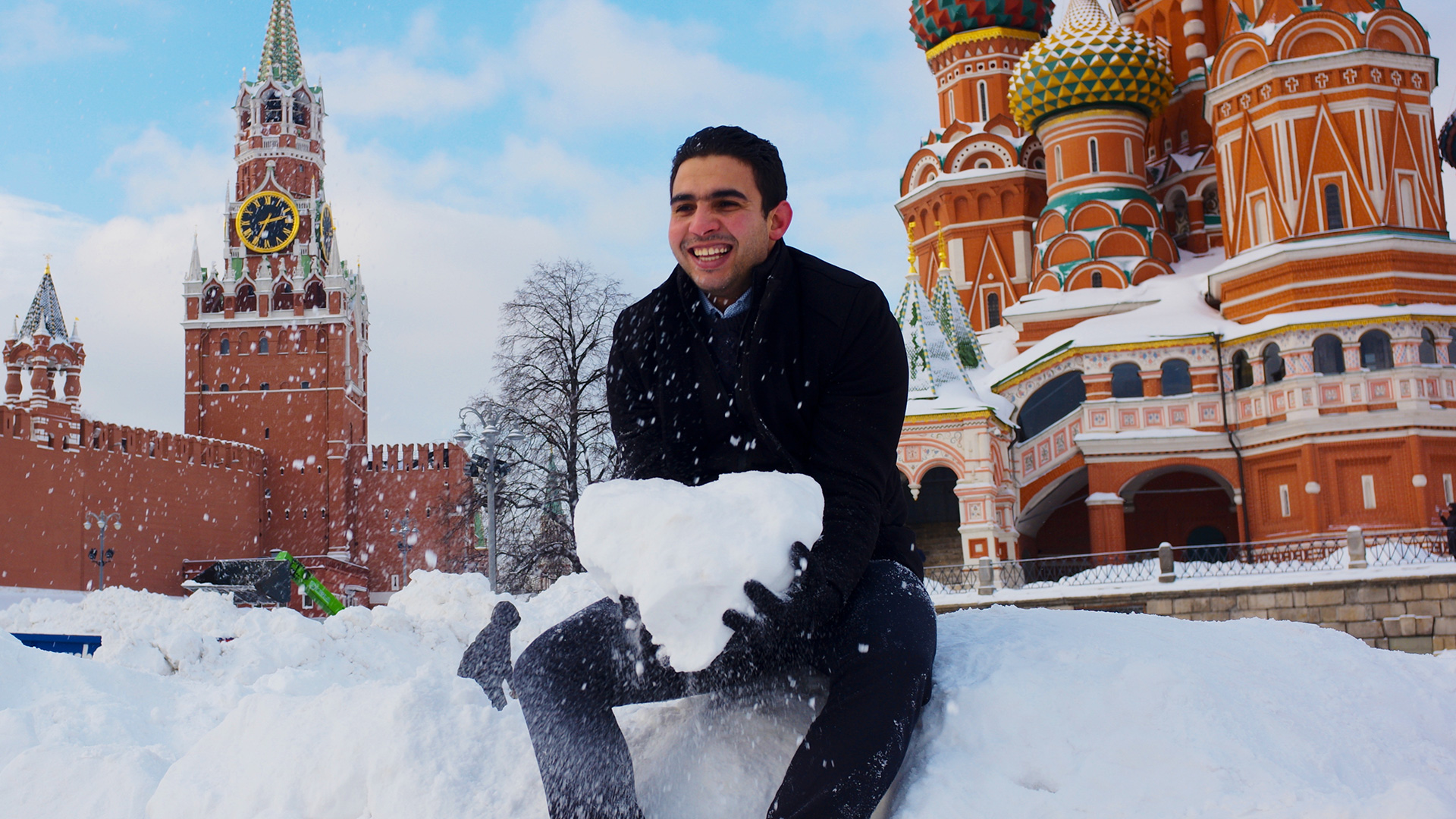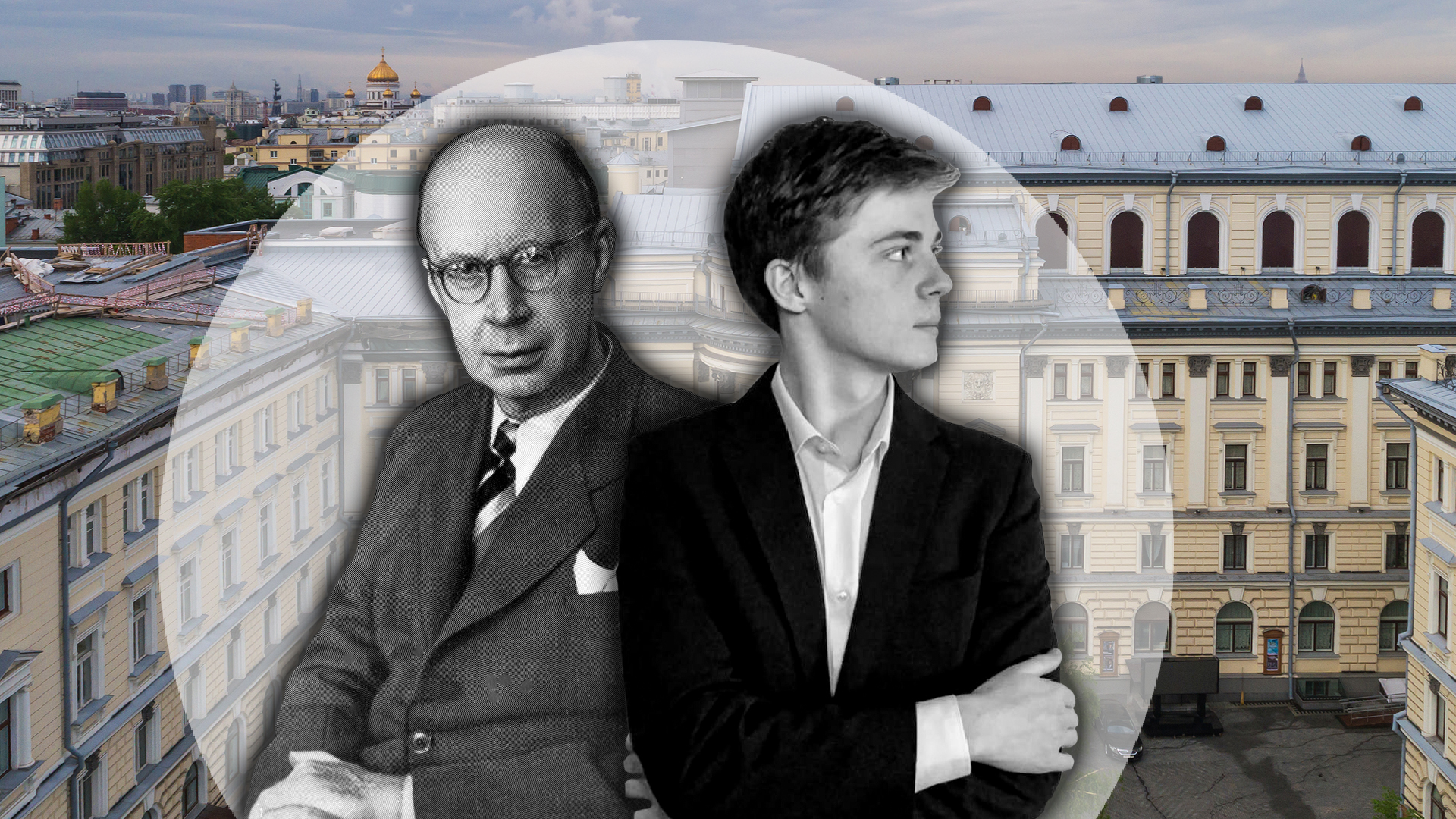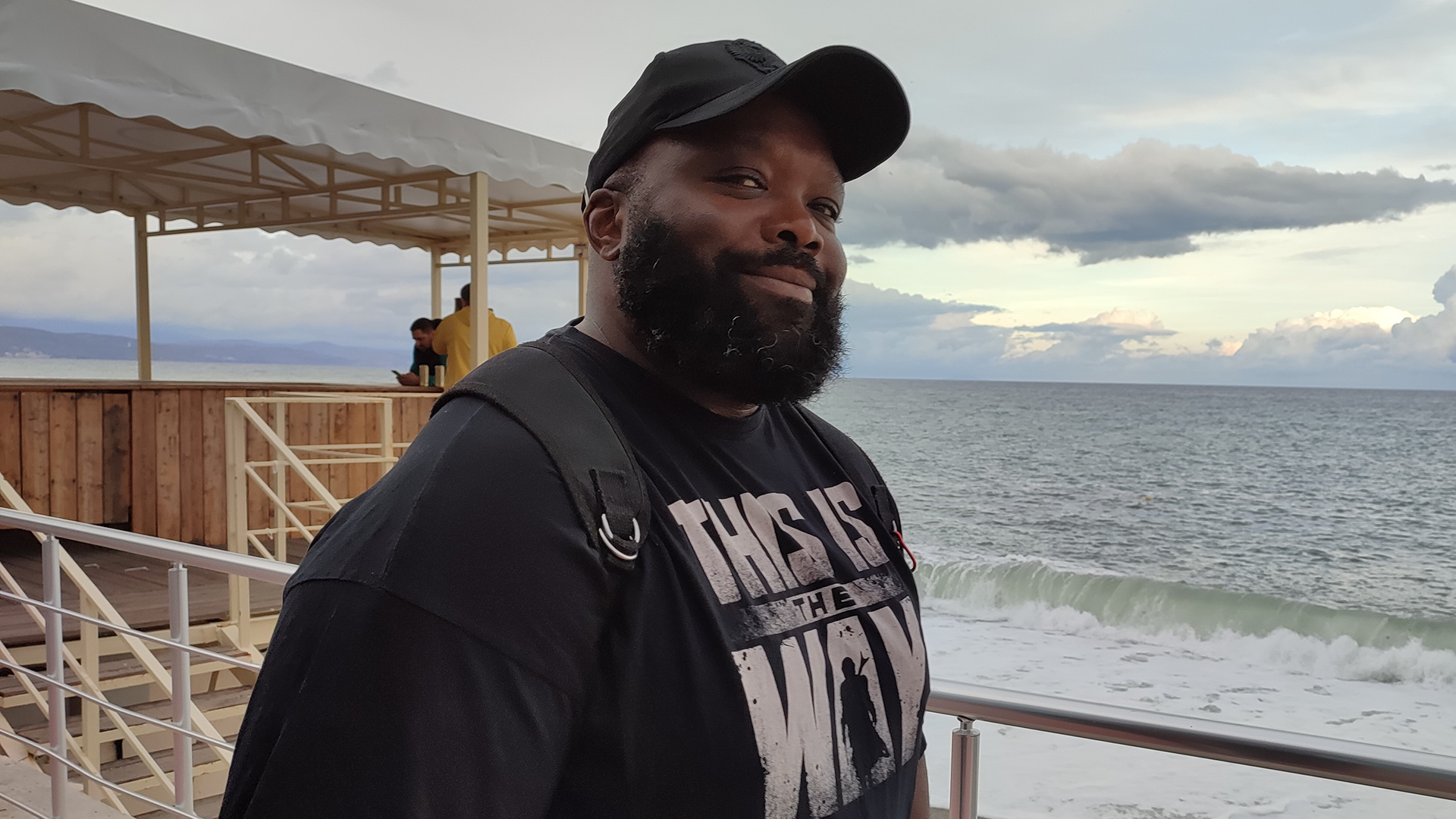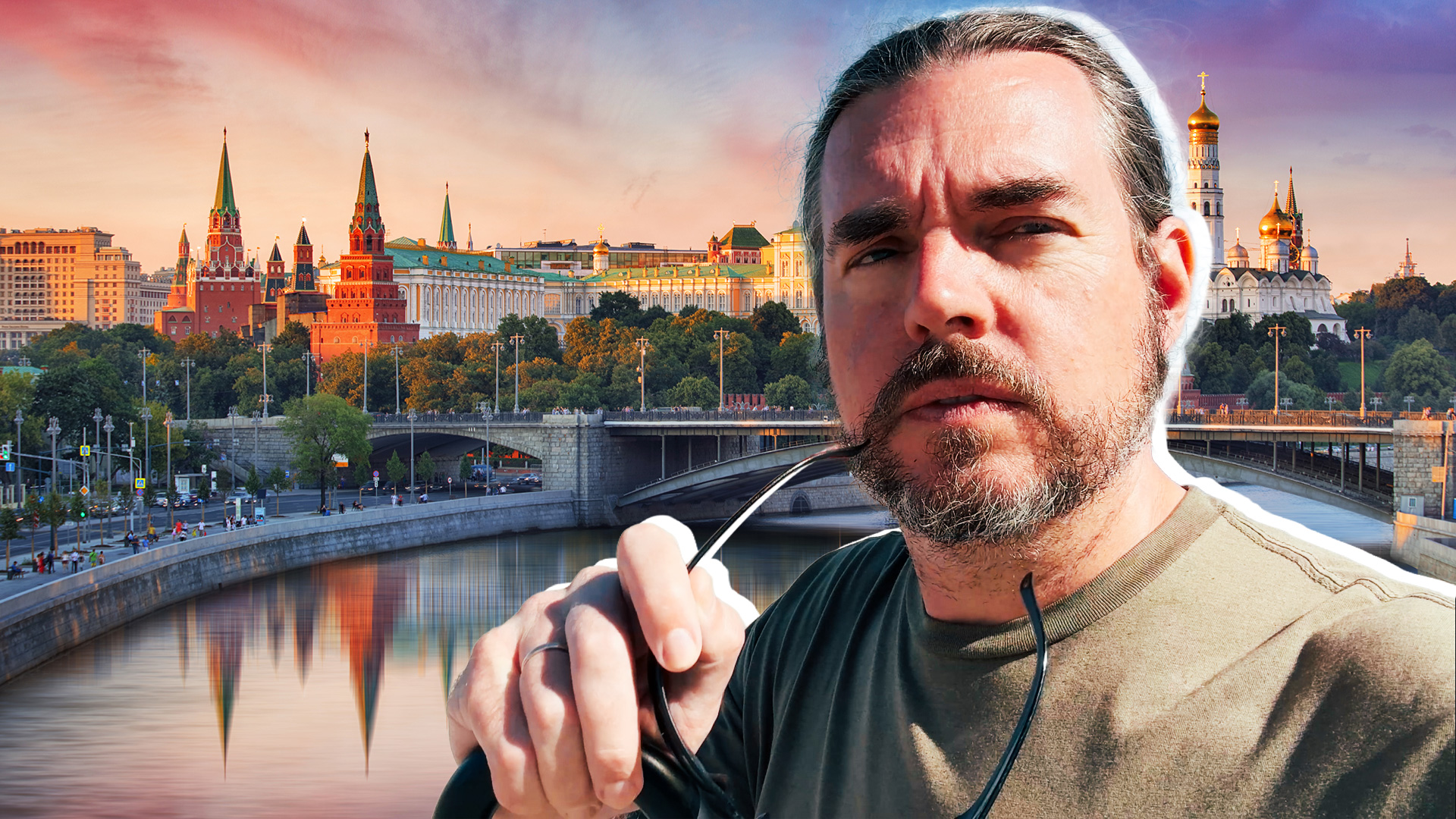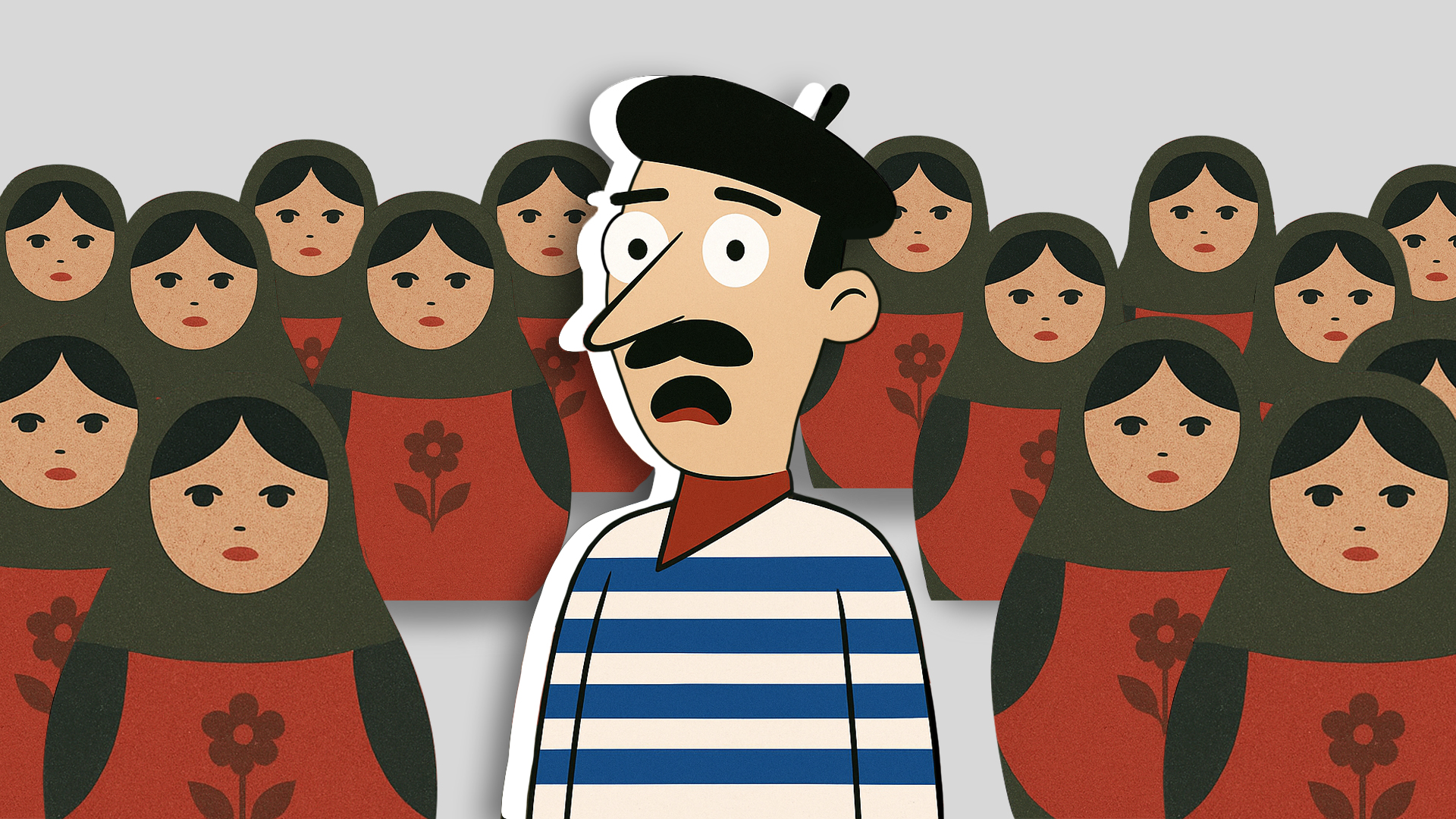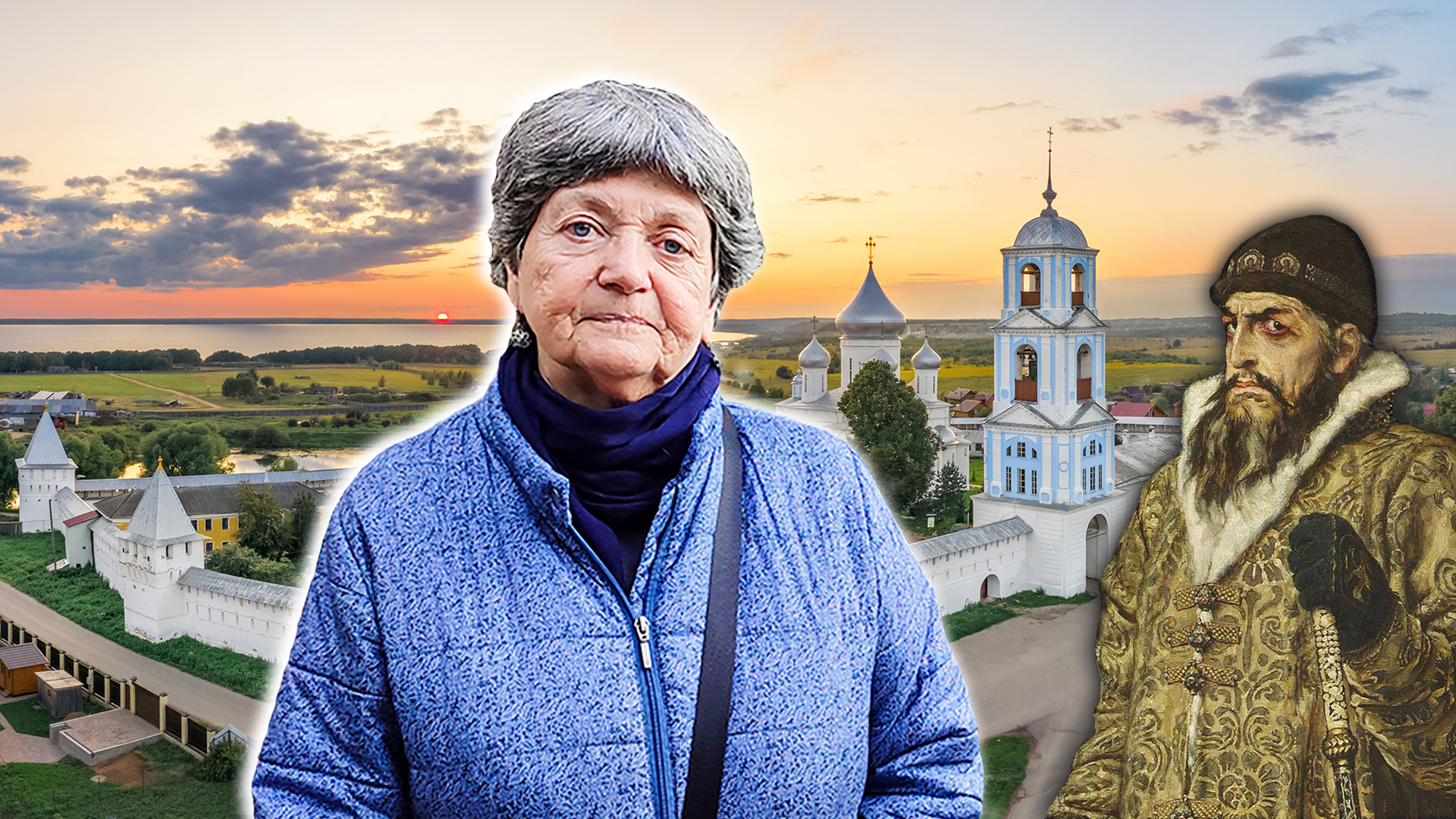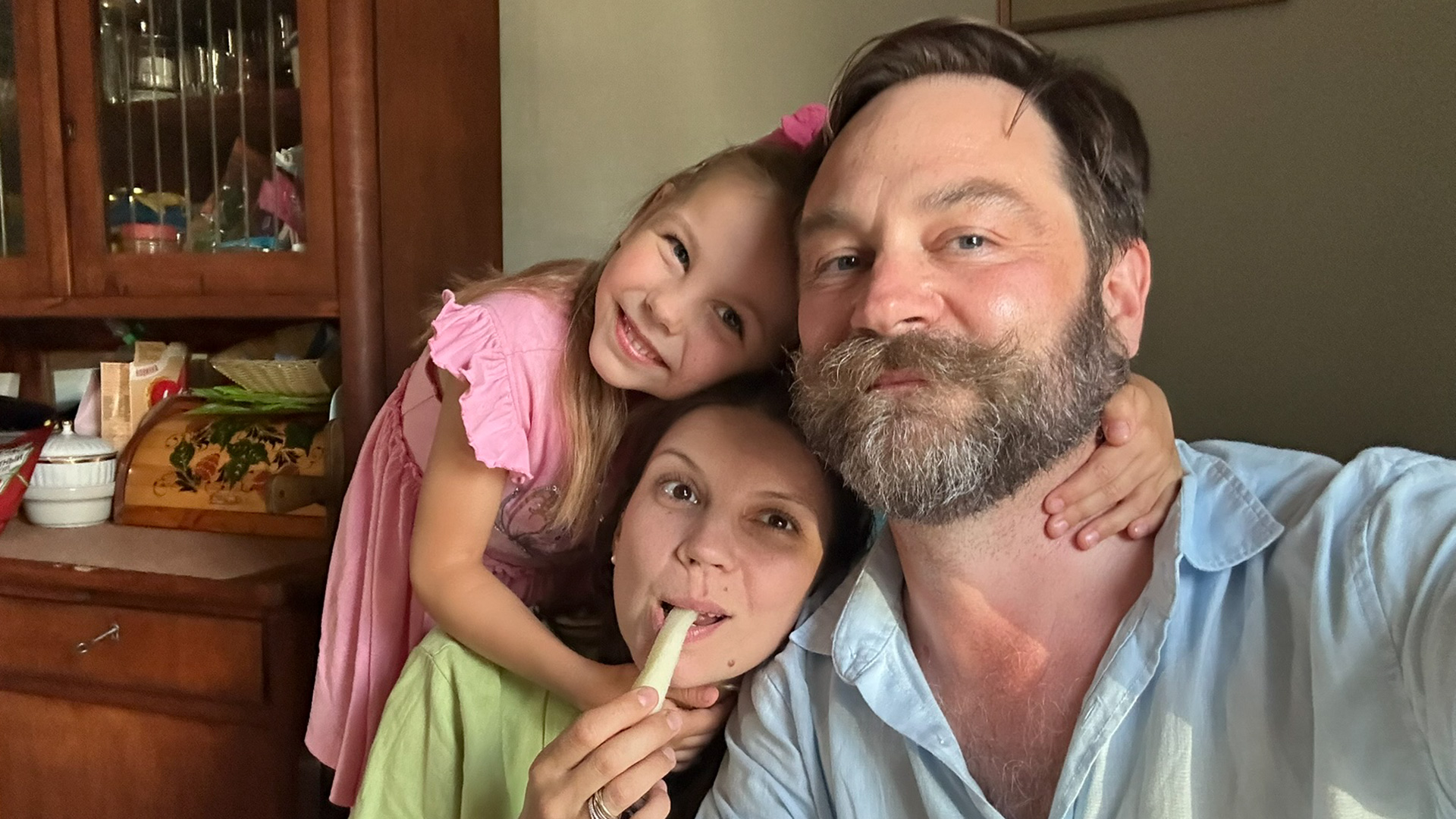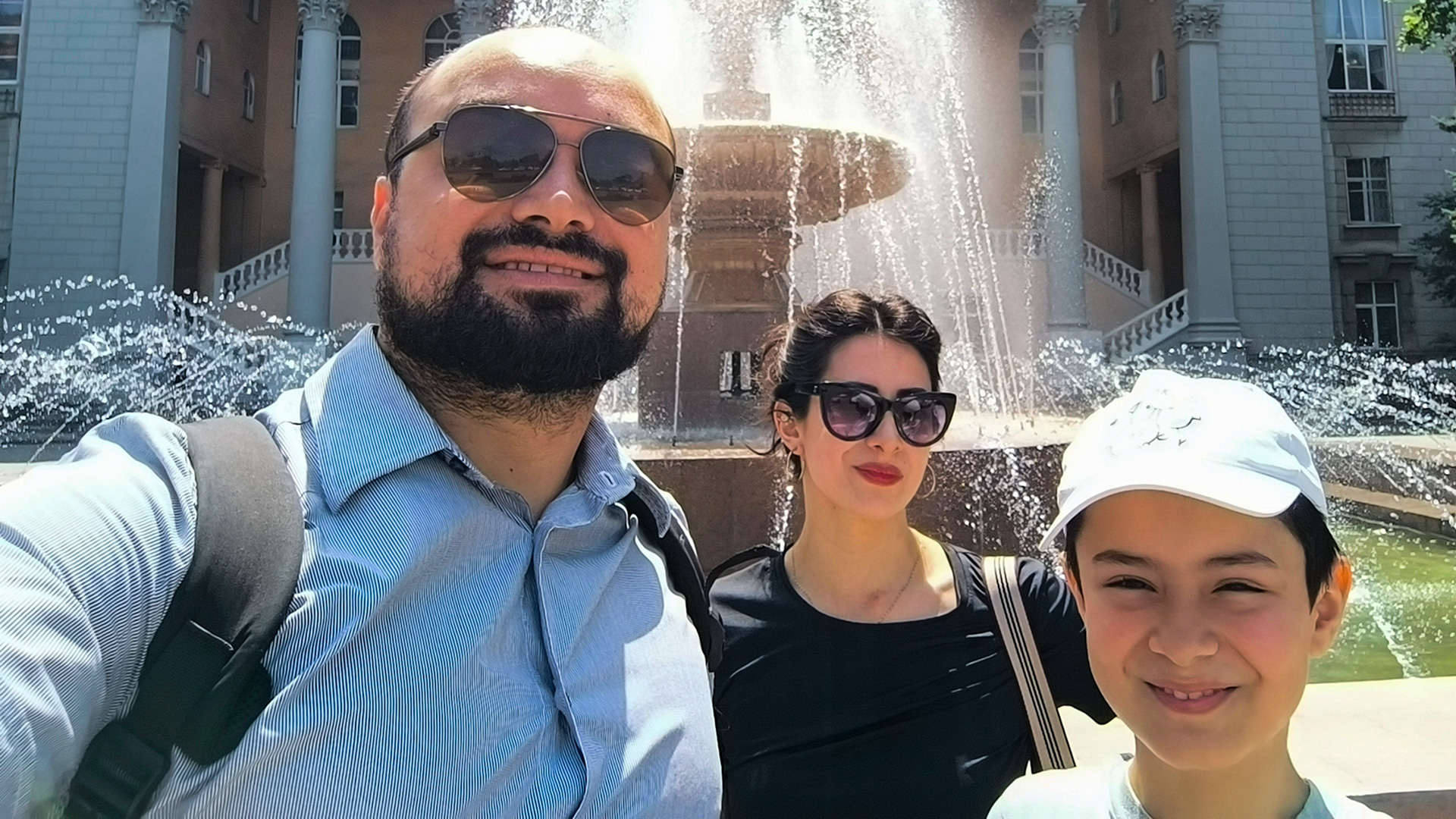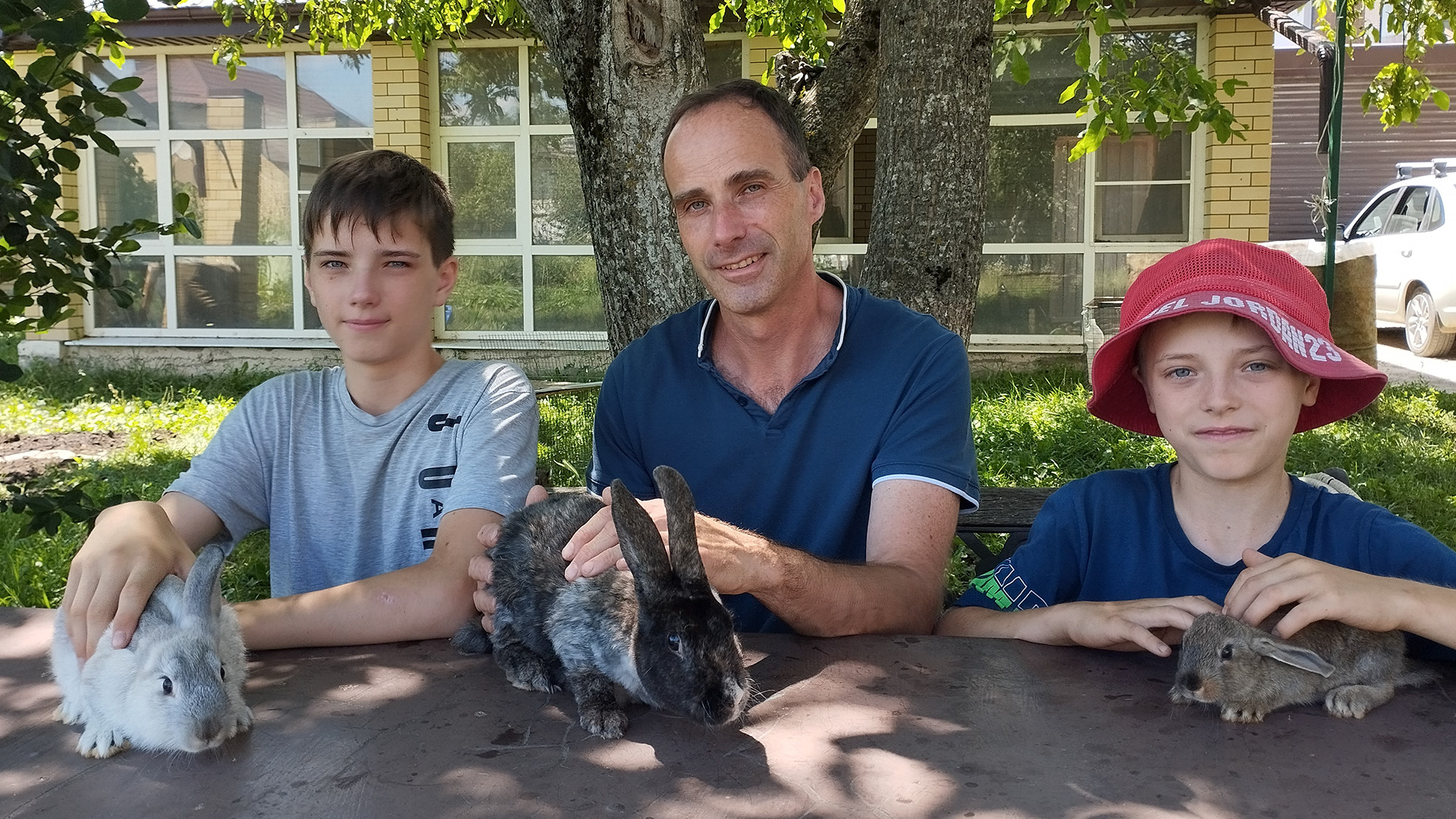
What's life like for an American in the Russian Far North?
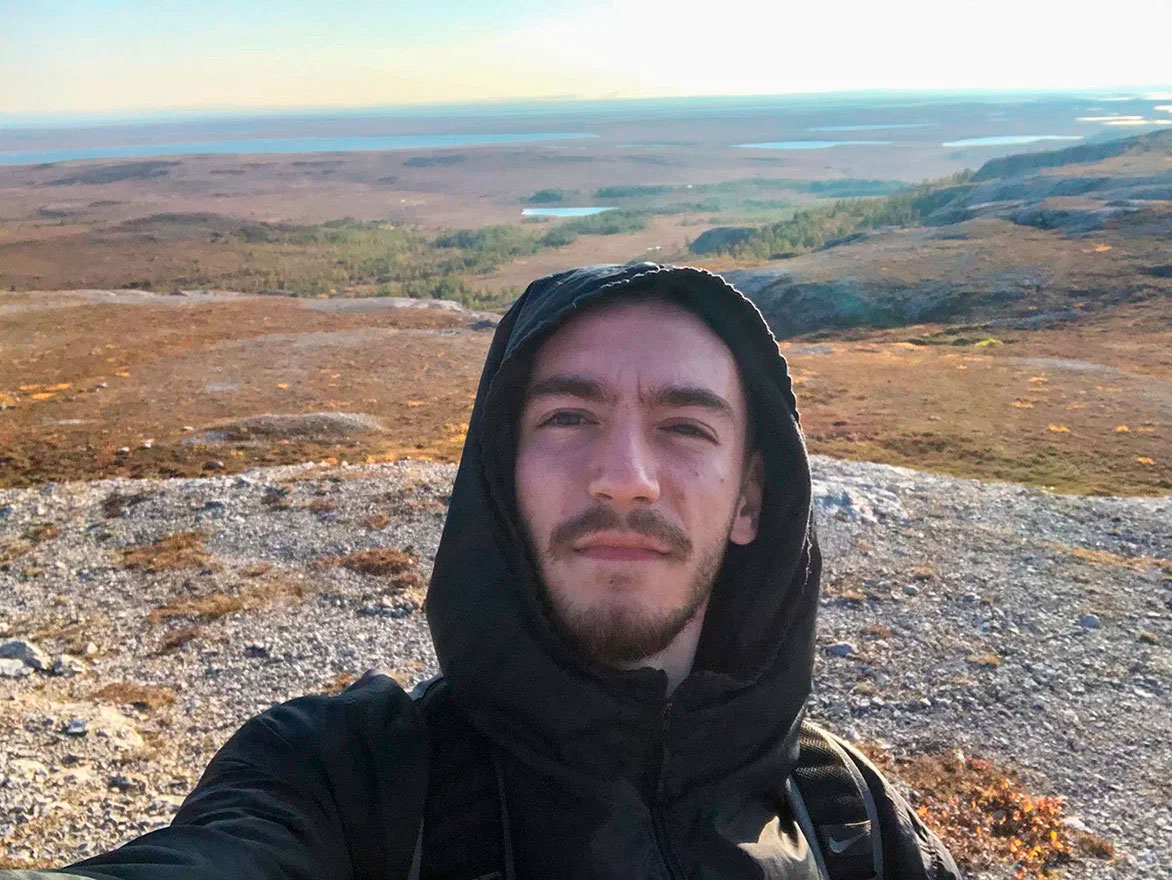
The locals of the polar city of Labytnangi in the forest-tundra are always surprised to learn that Jack Mesina is from Pittsburgh, Pennsylvania, USA.
"To be honest, I don't really like the attention: I have to answer the same questions, day after day. 'Why Russia? Why the North and not Moscow?' But, I understand, for them, it's very interesting."
Why Russia?
Four years ago, Jack met a Russian girl in Turkey, where he was traveling. He immediately started learning Russian to better communicate with her.
He doesn't see that girl anymore, but she sparked his interest in Russia. Jack didn't decide to move right away. First, he stayed in Turkey and began working as an English teacher. But, in February 2023, when the devastating earthquake hit the country and much was destroyed, his school closed and Jack decided the time had come to move on, this time to Russia.
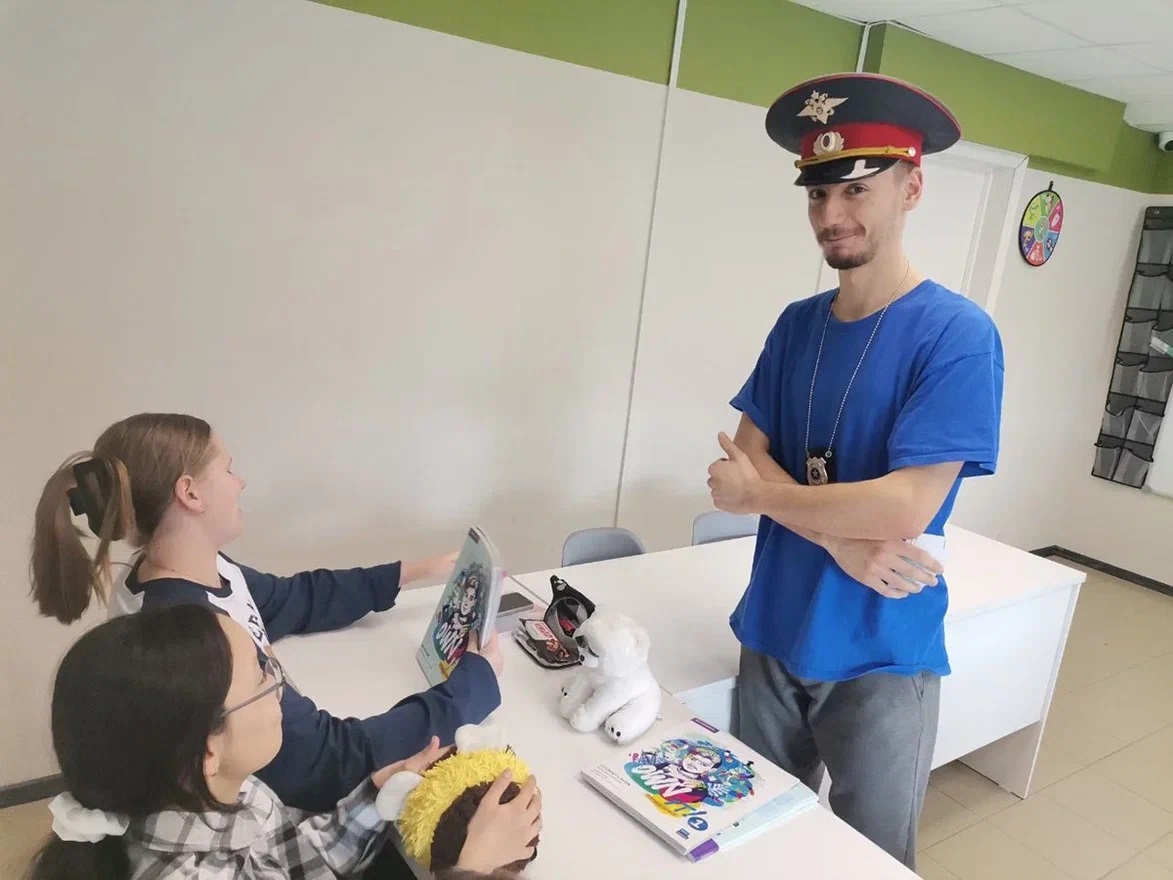 English teacher Jack Mesina takes an unconventional approach to his lessons.
English teacher Jack Mesina takes an unconventional approach to his lessons.
"I started looking for work as an English teacher, just applying everywhere: Yekaterinburg, Vladivostok, St. Petersburg. I had several interviews and, in the end, I managed to get a job at a language school in Labytnangi. They helped me get a visa and I went. It's fate! I don't regret it; I fell in love with Labytnangi."
Life in the Far North
Jack had no idea where he was going, but he was excited about it and felt like it was a real adventure. Labytnangi is a small town in the Yamalo-Nenets Autonomous District with a population of just 26,000. But, Jack claims he never gets bored there.
"We have a ski resort; so I started snowboarding. There's an Active Recreation Center that organizes mountain hiking tours; I often go with them. Generally, very energetic people live in Labytnangi: everyone goes for walks even in cold weather. Or take this [Russian] tradition of yours, like swimming in icy water! There's even a special day for it, a real holiday!" (Jack means Epiphany - ed.).
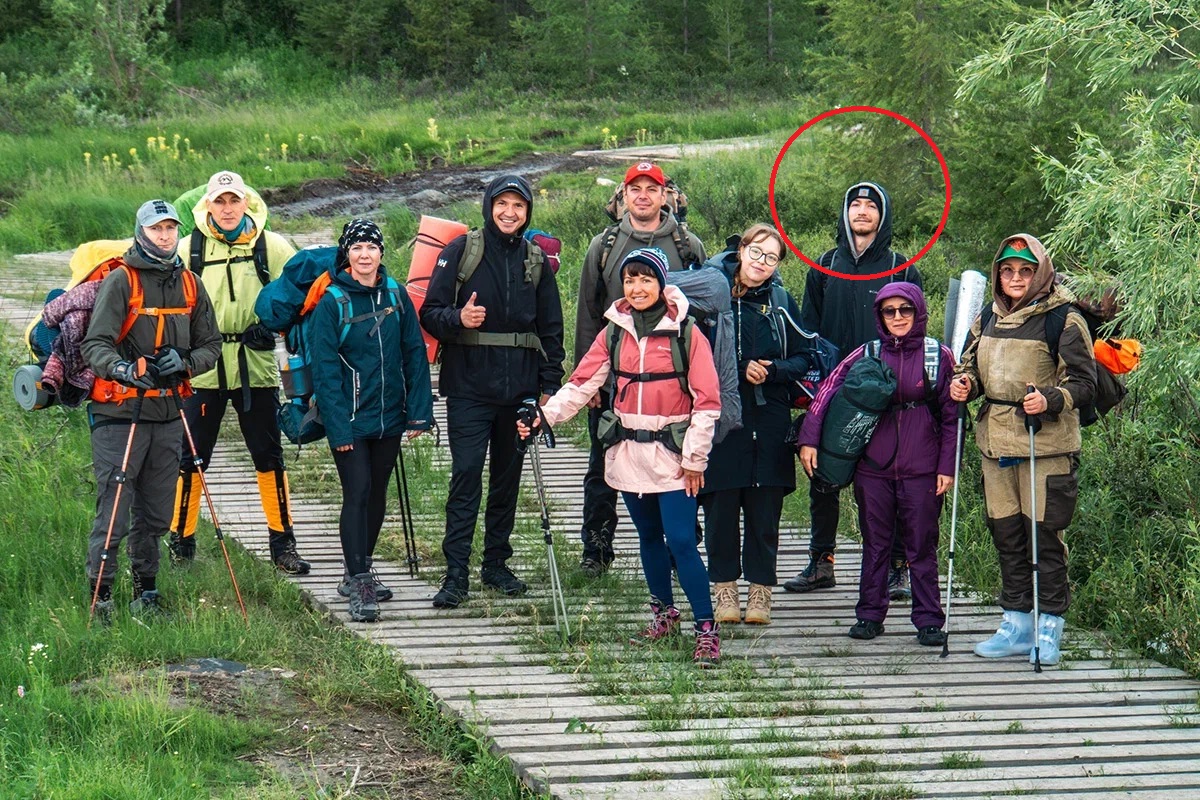 Jack (third from right) on a hike.
Jack (third from right) on a hike.
But, he also had to face the harsh climate of the Far North.
"For the first week, I only traveled around the city by bus; I thought walking anywhere was too cold. And then, I stopped caring; I got used to it quickly. You know, in Pittsburgh, the winter is very wet, damp. But, in Labytnangi, the winter is dry. I hadn't seen winters like this before; it turns out it's more comfortable for me."
However, in the summer, there's another nuisance – midges. "If you walk in the forest without mosquito spray, that's it, you're a corpse," the American jokes.
The Arctic bicycle race
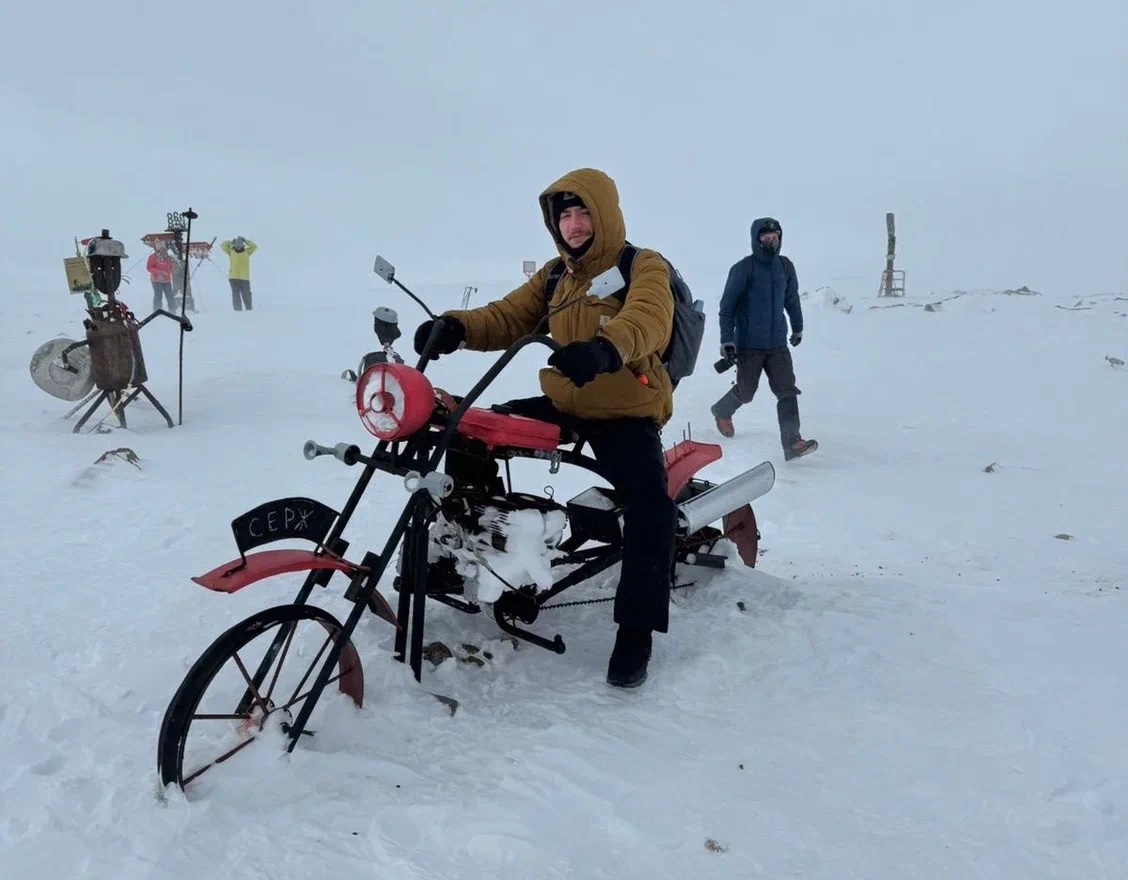 In the Polar Urals mountains
In the Polar Urals mountains
Jack doesn't just go hiking, he recently participated in an Arctic bicycle race, covering 18 km.
"It was my first time ever in a bike race; I didn't understand how it worked. I showed up with a backpack where I had put sandwiches and a thermos of tea. I looked around and realized I was the only one with a backpack. 'Ah, it's a non-stop race? So, we're not going to stop for a snack? Okay.' In my age category, I came in 8th place; pretty good, I think, for the first time!"
"Part of my soul is already Russian"

At first, Jack missed American food and even organized a Thanksgiving dinner with a student's family, having cooked traditional turkey and pumpkin pie. But now, he's used to Russian cuisine. He enjoys eating buckwheat and it seems healthier and tastier to him than rice.
"I also tried your Russian cold soup, ‘okroshka’. I was in shock; soup can't be cold. But, it's tasty! I also tried ‘kholodets’ (meat jelly), but it's not great." Now, when Jack visits his family in the U.S., he makes borsch for them.
"Part of my soul is already Russian. I've been here two years and I'm only 24; that's a big chunk of my life."
Jack had planned to live in Russia for only a year, but two have already passed and he still likes everything. While he already has made some acquaintances, he’s trying to learn the language in order to get closer to people.
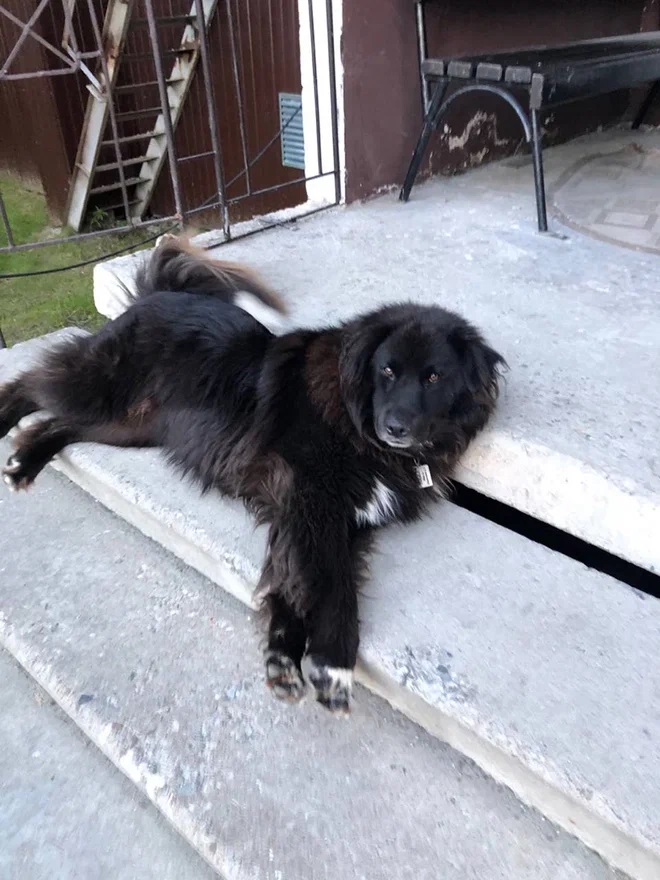 Jack's polar friend, Misha the dog
Jack's polar friend, Misha the dog
"Generally, you need to understand what you need the language for, as for travel, for communication. And you shouldn't just do lessons, but listen to speech. There are podcasts for those learning the language. The hosts speak simply, slowly and in a way that makes everything clear. I listen to ‘Russian with Max’; it helps me a lot."
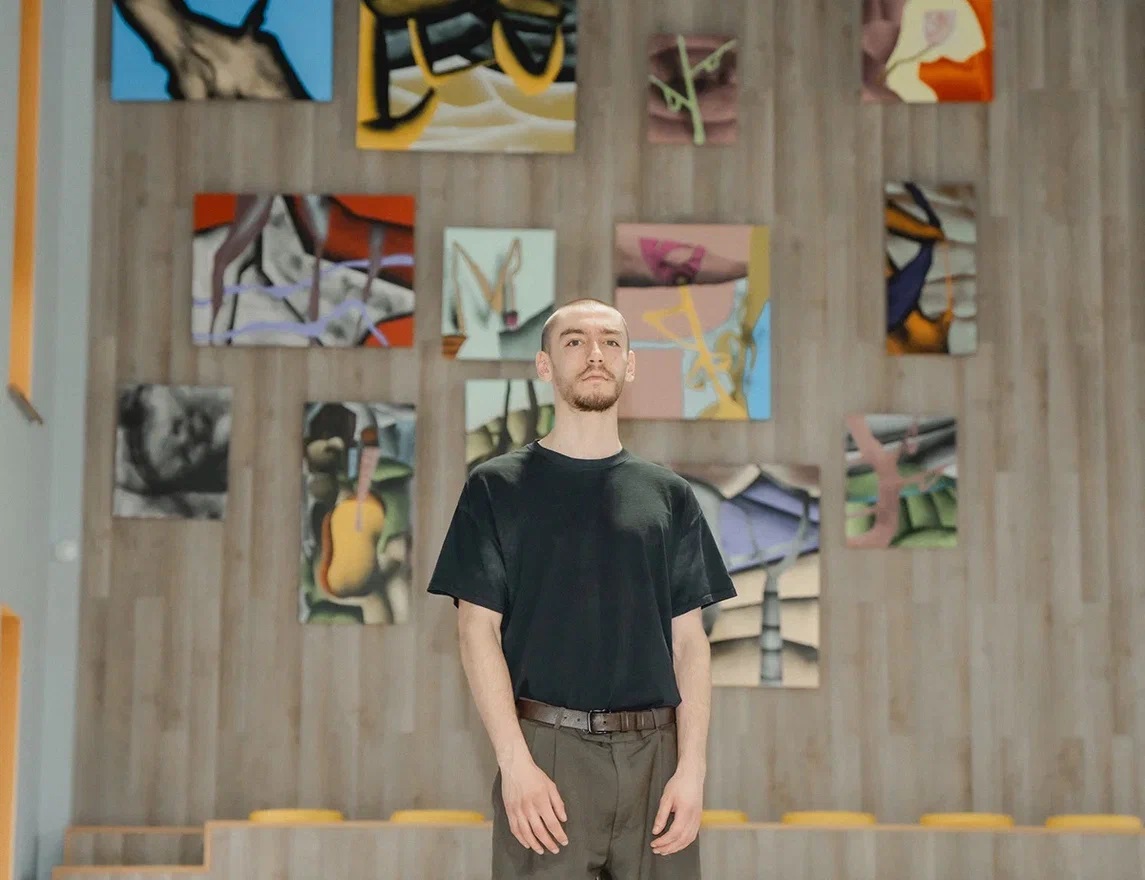 In Labytnangi, Jack started painting, and an exhibition of his work has already been held in the city.
In Labytnangi, Jack started painting, and an exhibition of his work has already been held in the city.
The full version of the interview (in Russian) is available on the ‘Nation’ magazine website.


